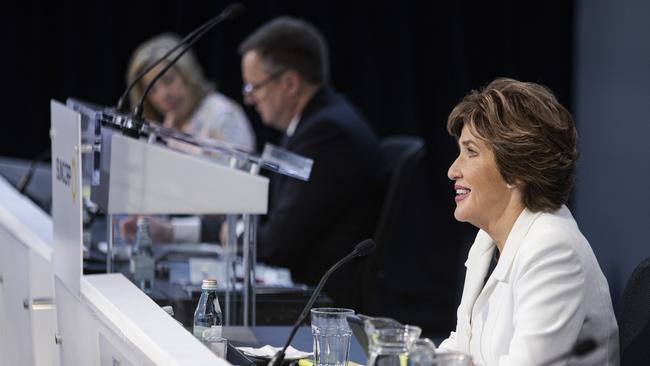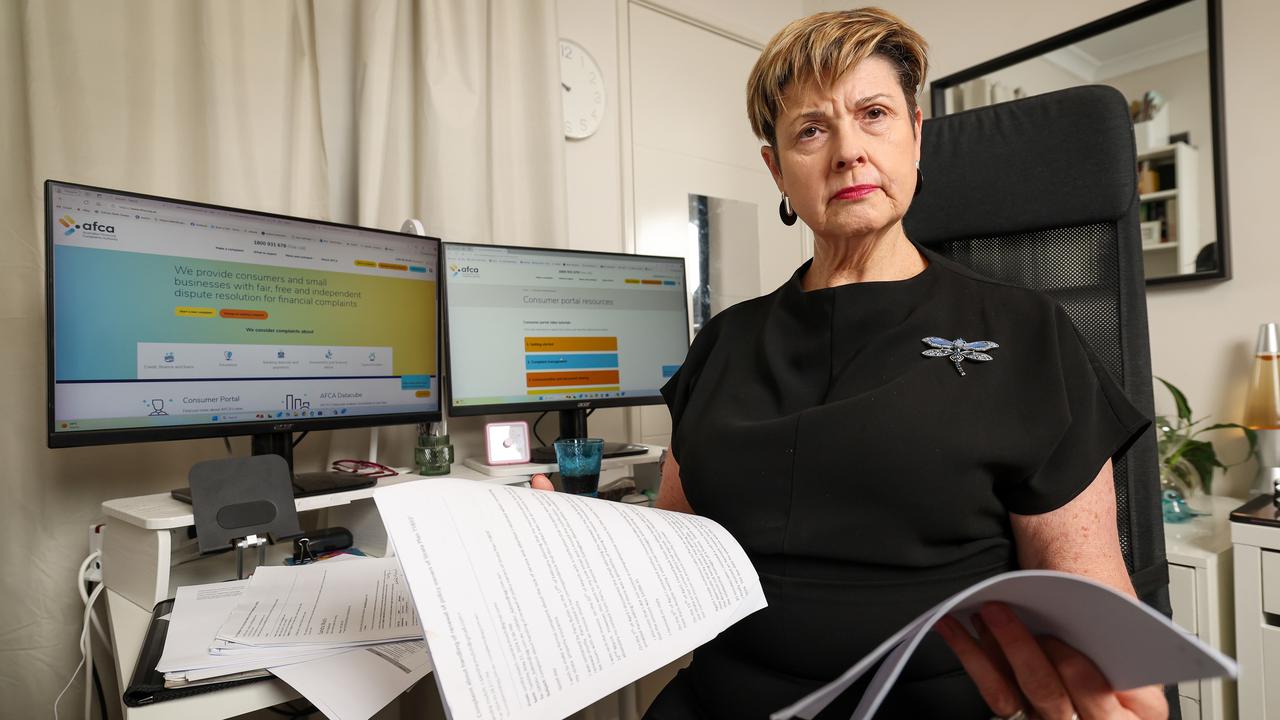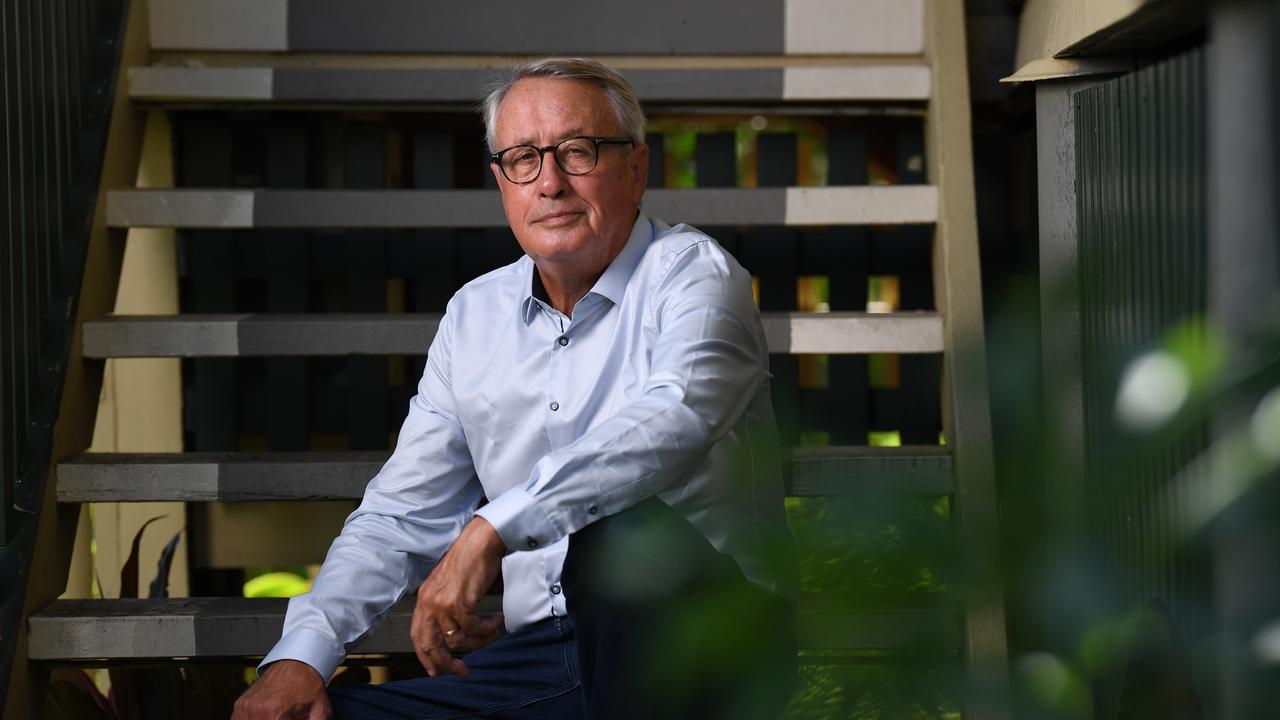Insurance ‘never more important’: Suncorp
Suncorp has rejected investor concerns about premium hikes and the sustainability of the traditional insurance model.

Suncorp rejected investor concerns about premium hikes and the sustainability of the traditional insurance model, saying that the recent bushfires and other natural hazards had demonstrated that insurance had “never been more important”.
At a relatively uneventful annual meeting, with all resolutions overwhelmingly passed, attention turned to the industry’s long-term prospects and how it was adjusting to depressed investment returns from a prolonged low-interest rate environment.
Chairman Christine McLoughlin rejected a shareholder’s assertion that the traditional business model of investing premiums in safe but low-returning assets was broken.
“At a high level it’s clear that insurance has never been more important due to the intensity and frequency of natural hazards,” Ms McLoughlin said.
“The low interest rate environment is something we discussed in the board this week, but we have to be able to work through these cycles and adjust, which is why pricing for risk becomes so important, and managing our reinsurance arrangements in an appropriate way is absolutely critical.”
Chief executive Steve Johnston said Suncorp’s annual allowance for natural hazards when he started with the company in 2006 was about $68m; a figure that had now mushroomed to $950m.
Suncorp also experienced a rapid increase in reinsurance costs, with modelling in the reinsurance industry now reflecting its vulnerability.
This, in turn, was built into premiums in cyclone-prone areas like north Queensland.
Mr Johnston said Innisfail was mostly rebuilt after it was hit by Cyclone Larry in 2006, and the state since then had been buffeted by Cyclone Yasi and other destructive weather events.
“We’ve been active in a dialogue with the government at all levels to see if there’s a program we can put in place to improve the resilience of those communities,” he said.
“We believe firmly, as (APRA executive board member) Geoff Summerhayes raised in his presentation last week, that there does need to be a program of resilience and mitigation that supports not only our ability to provide products that are relevant to those communities, but also to improve the ability of our customers and other members of those communities to improve the resilience of their homes.
“We have a role to play, so where a customer improves the resilience of their home we should reflect that in premium, and we do.”
Mr Johnston said the last thing in the world that Australia needed was more widespread uninsurance, because the alternative of taxpayer support would be a “bad outcome”.
Last August, Suncorp reported a 33 per cent drop in full-year cash earnings to $749m as a result of extreme weather events, the impact of COVID-19 on income and higher expected loans losses.
The company, which has brands including AAMI, GIO and Apia, declared a final dividend of 10c a share, taking the year’s payments to 36c — a 48.6 per cent slump on 2019.
The underlying yield on insurance funds was 1.7 per cent, down on 2019 but ahead of the company’s expectations.
The Suncorp chief said it was important to distinguish between the bancassuer’s short-tail portfolios of home and motor insurance from the longer-tail, personal injury products.
Long-tail portfolios, which were typically managed by scheme regulators, were significantly more leveraged to investment returns.
“What you need there is for regulators in those schemes to be reflecting the lower returns we’re getting on those portfolios in increased pricing, and be consistent on that approach through the cycle,” Mr Johnston said.
“We have an active dialogue with all scheme regulators to make sure where yields are reduced, that can be reflected in pricing, such that we have a sustainable portfolio performance and all insurers in the scheme can justify continuing to underwrite those schemes.”
Investment returns were less important for short-tail portfolios because claims were typically settled over a 12-month period.
Under that scenario, Suncorp’s approach was to generate underwriting profits, without trying to boost profitability through investment returns.
“We look at things like pricing underwriting, being disciplined about how our portfolio works, coverage, products and claims,” Mr Johnston said.
“That’s where a lot of our work over the next three years will be focused – improving our underwriting performance across our short-tail portfolio.”


